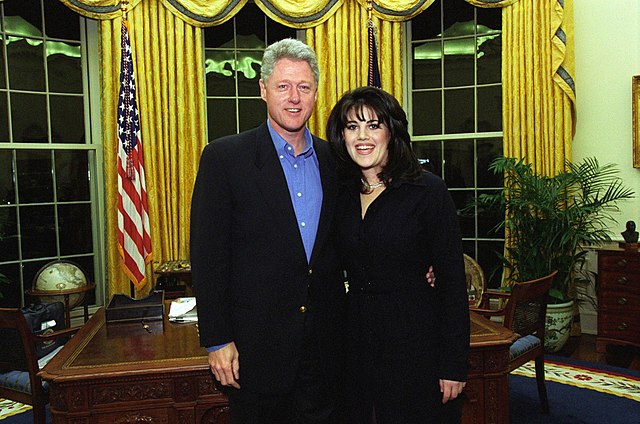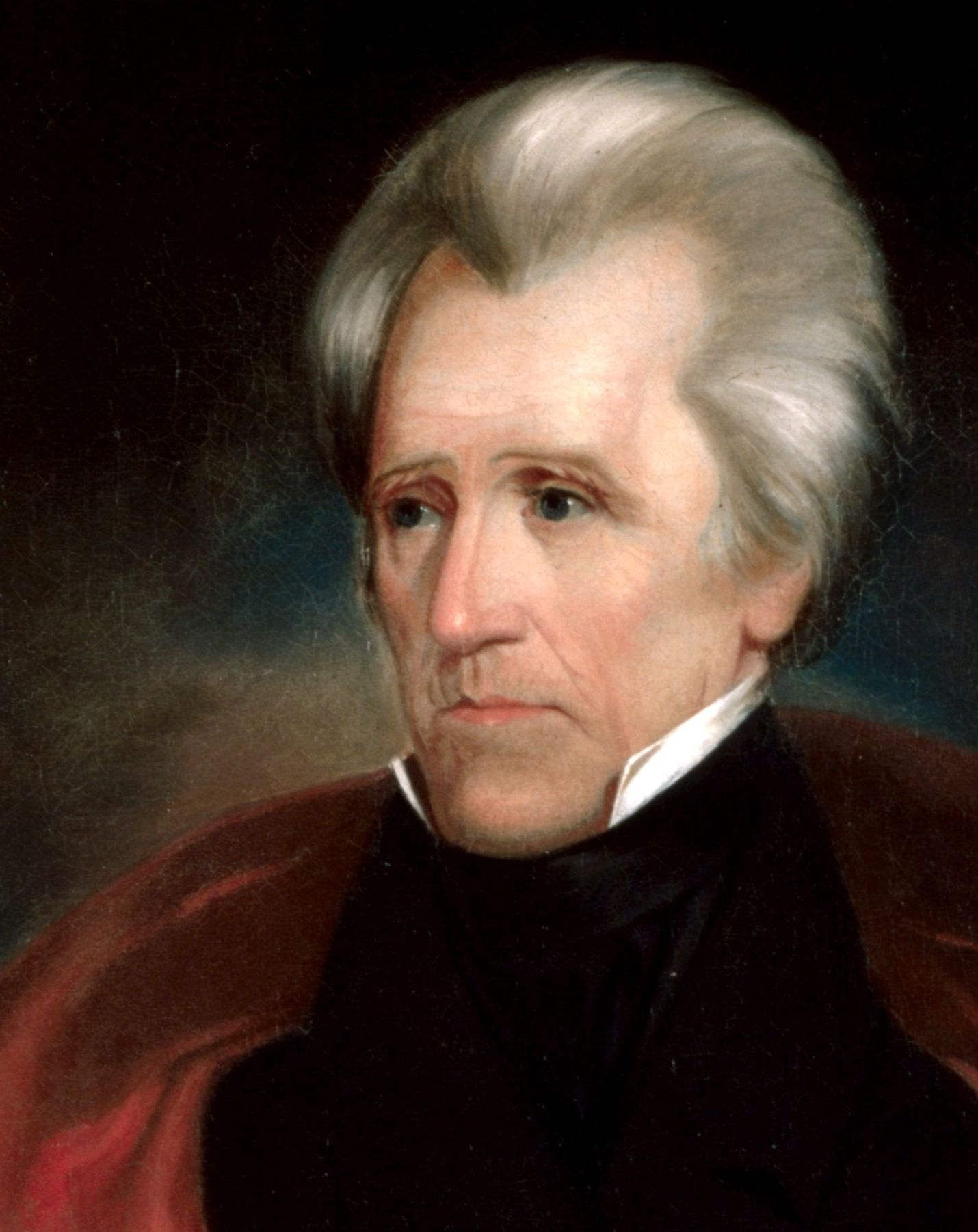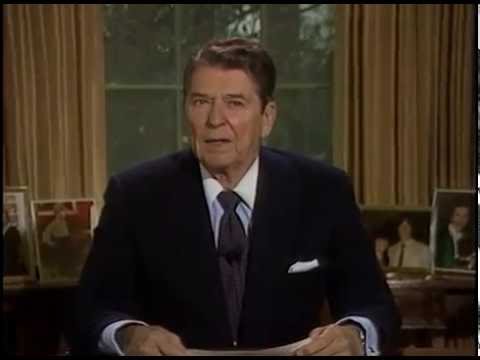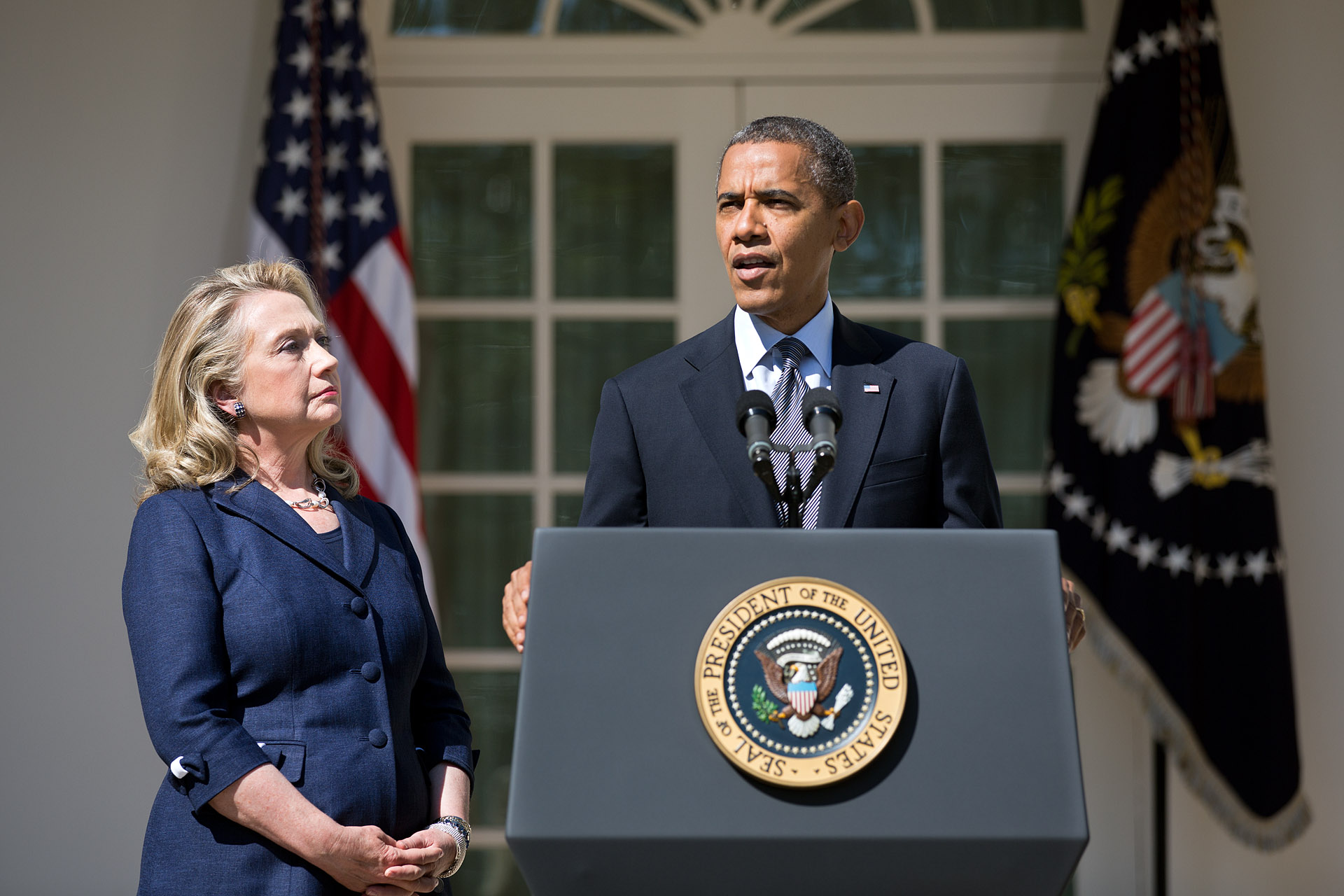The attack on the Capitol was not a true coup d’etat, which ordinarily involves applying concentrated force and the determined pursuit of a goal. Rather, it was a poorly organized and ill-thought-out attempt to strongarm Congress into refusing to accept the results of the election, an action that Congress has no constitutional power to take.
Donald Trump is, in fact, a dangerous figure with delusions of becoming a totalitarian leader, but we should not overlook how inept he is at forming any plan of action and pursuing it. Sending to Congress a bunch of yahoos recruited on social media was not a serious attempt at a coup.
For this moment to be a turning point, our political leaders will have to start treating each other with respect.
Nor, however, was it a peaceful demonstration. The rioters were recruited with promises of violence and were stirred to rage by the president and Rudy Giuliani. We are simply fortunate that they were no more competent than Trump is. The failure of law enforcement to anticipate and control the rioters suggests a disturbing stupidity, rot and lack of will among congressional leaders.




